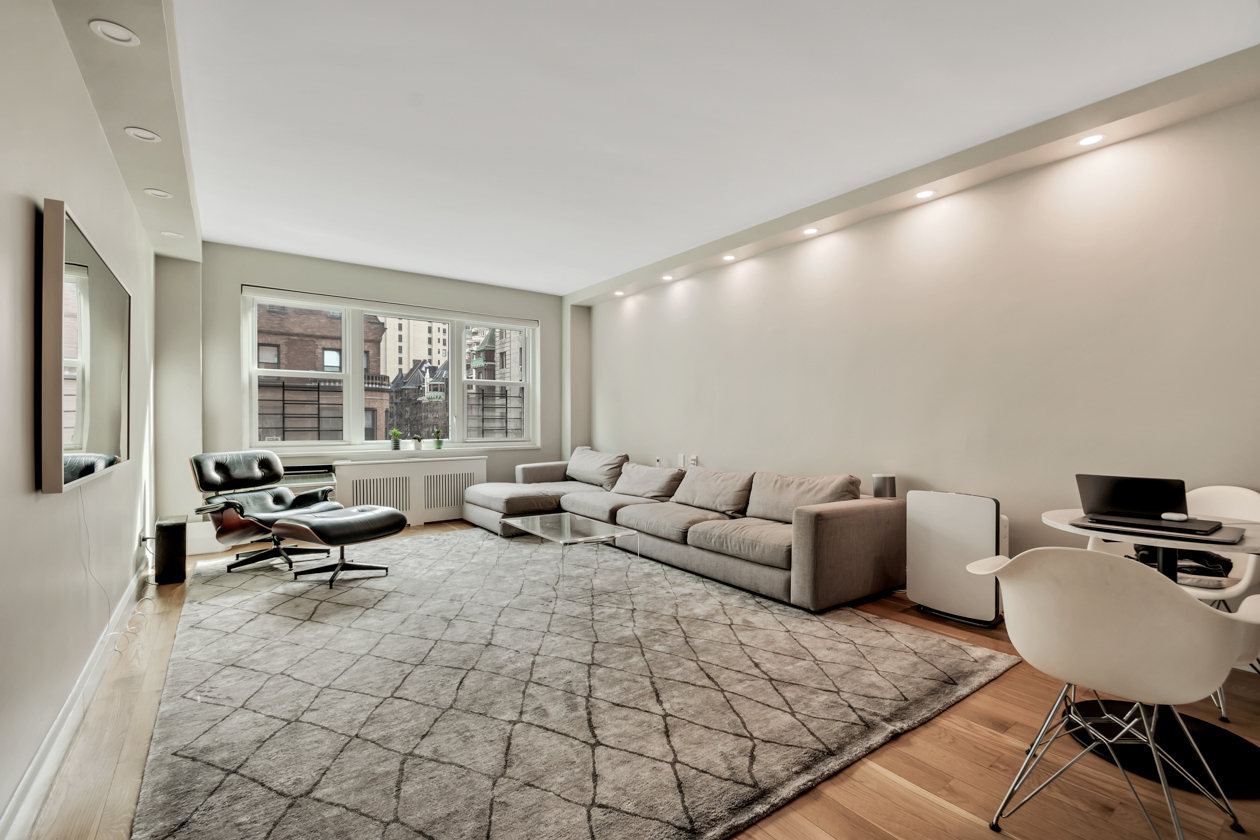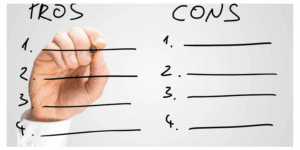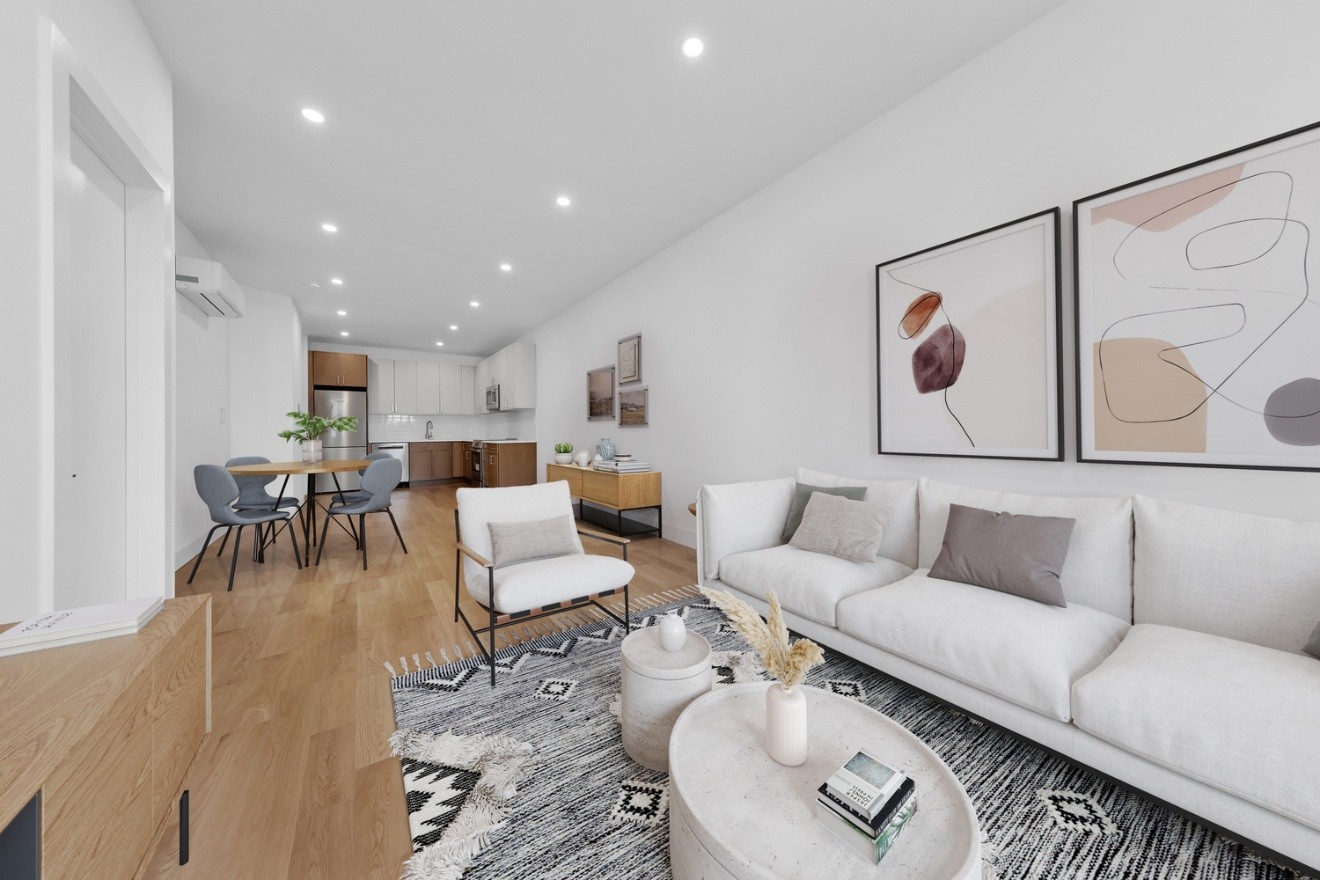Co-op vs. Condo NYC Renovation: Everything You Need to Know

Co-op vs. Condo NYC Renovation: Everything You Need to Know
Renovating in New York City’s Most Unique Housing Market
Renovating an apartment in New York City is a dream for many — but anyone who’s been through it knows the process can be complex, especially when it comes to co-op vs. condo renovations. While both property types offer the chance to design your perfect space, the rules, approvals, and renovation timelines can vary drastically between them.
Read our blog; Everything You Need To Know About Your NYC Renovation Approval Package
At Star Renovation NY (SRNY), as a full design and build firm we’ve managed hundreds of end-to-end NYC apartment renovations, guiding homeowners through every step — from architectural design and board approval to Department of Buildings (DOB) permits and final inspections. Whether you own a unit on the Upper East Side or a condo in Downtown Brooklyn, understanding the differences between these two property types will save you time, money, and stress.
In this guide, we’ll break down everything you need to know about renovations in NYC, including approval processes, design flexibility, timelines, costs, and how our turnkey renovation team at SRNY helps make the experience seamless.

- Co-op vs. Condo: The Basics –Understanding Co-op Renovation Challenges
Before diving into the renovation details, it’s important to understand what separates a co-op from a condo in New York City.
What Is a Co-op?
In a cooperative building, you don’t technically own your apartment. Instead, you own shares in a corporation that owns the entire building. Your “ownership” gives you the right to occupy a specific unit under a proprietary lease.
This structure means the building’s board has significant authority — including approving or rejecting renovation plans. Co-ops are known for strict alteration agreements and oversight to protect the building’s integrity and minimize disruption to neighbors.
What Is a Condo?
When you buy a condominium, you own your specific apartment outright — including the walls and the space inside them. While there’s still a condo board and building management to coordinate with, condos generally offer more flexibility when it comes to renovations.
That said, they still have rules, insurance requirements, and alteration agreements — but approvals tend to be faster and less restrictive than co-ops.

- The Key Differences: Co-op vs. Condo Renovation Rules
Here’s a quick overview of what typically distinguishes a co-op renovation process from a condo renovation process in NYC:
Aspect
Co-op Renovation
Condo Renovation
Ownership Structure
Shareholder in a corporation
Individual unit owner
Board Approval
Mandatory and often detailed
Required but typically faster
Alteration Agreement
Lengthy, strict, Architect-reviewed
Shorter and less restrictive
Timeline
Longer (can take 2–4 months for approval)
Faster (often 1–2 month)
Renovation Restrictions
High — limits on plumbing, electrical, and layout changes (wet over dry)
More flexible, depending on building
Insurance Requirements
Very specific, often multi-layered
Same
Superintendent Oversight
Usually mandatory
Often optional
Noise & Work Hours
Strictly enforced
Moderately enforced
Key takeaway: Renovating often means more paperwork, approvals, and communication with building management and super. But with expert help — like SRNY’s project managers — it’s absolutely doable and can yield stunning results.
- Understanding the Co-op Board Approval Process
If you own a unit, your renovation journey starts with the board approval process. This is where patience and preparation are crucial.
Step 1: Review the Alteration Agreement
Every building has its own alteration agreement, which outlines what’s allowed, prohibited, and required. Common details include:
- Hours and days when work can be done
- Rules for debris removal and noise
- Building insurance and contractor certifications
- Architect-stamped drawings and DOB permits
- Security deposits or escrow to cover damages
At SRNY, we review this agreement line by line to ensure our renovation proposal fully complies before submission.
Step 2: Submit Detailed Plans
The co-op board typically requires:
- Full architectural and MEP (mechanical, electrical, plumbing) drawings
- Scope of work and estimated duration
- Proof of contractor insurance (naming the co-op as additional insured)
- DOB permit documentation
We handle all submissions on your behalf, communicating directly with managing agents and boards to streamline the process.
Step 3: Board Review and Approval
This can take anywhere from a few weeks to 3 to 4 months, depending on how frequently the board meets and how extensive your renovation is. Boards tend to scrutinize changes that impact plumbing, noise, or structure (like kitchen relocations or bathroom expansions).
Our team’s experience working with boards across Manhattan and Brooklyn helps avoid common approval delays — we know exactly what documentation they expect.

- Condo Renovation Approval: Faster but Still Formal
Condos generally allow for quicker approvals, but you still must comply with:
- The condo’s alteration agreement
- Insurance and DOB requirements
- Rules for contractor access and hours
- Architect-stamped drawings and DOB permits
- Security deposits or escrow to cover damages
While boards are often less hands-on, management companies still want assurance that your renovation won’t disrupt others or compromise building systems.
At SRNY, we’ve worked in hundreds of New York City condominiums, and we know how to navigate their approval process quickly, ensuring your renovation starts on time.
Read our blog; How to Prepare for Your NYC Renovations
- Permits and DOB Requirements
Regardless of whether you own a co-op or condo, if your renovation includes:
- Structural changes
- Plumbing or electrical modifications
- Wall removals or layout reconfigurations
- New kitchens or bathrooms
You’ll likely need permits from the New York City Department of Buildings (DOB).
Our licensed architect and expediter handle the entire permit filing and approval process — including drawings, filing fees, and inspections — so you can relax while we manage the logistics.
- Timelines: How Long Does a Co-op vs. Condo Renovation Take?
While every project is unique, here’s a general timeline comparison:
Phase
Co-op Renovation
Condo Renovation
Design & Planning
4–8 weeks
3–6 weeks
Board Approval
4–12 weeks
4–6 weeks
DOB Permits
2–4 weeks
2–4 weeks
Construction
depends on scope
Renovations can take 1–3 months longer overall due to board review. But with SRNY’s coordinated approach, much of the process runs in parallel — meaning we can often shave weeks off your total timeline.
- Renovation Costs: What to Expect
While the base cost of construction doesn’t change much, soft costs (permits, approvals, insurance) can add up differently.
Co-op Renovation Costs
- Higher administrative fees (board deposits, escrow)
- Mandatory building insurance coverage, some might even require “action over policy”
- More consultant and legal reviews
Condo Renovation Costs
- Lower administrative fees
- Standard insurance and filing requirements
- Faster approvals, which can reduce holding costs
At SRNY, we provide a transparent, all-in proposal that includes both construction and administrative costs, design, procurement, and execution upfront — so there are no surprises later.
- Design Flexibility: What You Can (and Can’t) Change
Boards are conservative when it comes to altering building systems. You might not be allowed to:
- Move wet areas (kitchens or bathrooms)
- Remove structural walls
- Install washer/dryers
- Electrical upgrade
Condos usually allow more freedom, as long as plumbing stacks and load-bearing structures remain unaffected.
That’s why SRNY’s in-house architectural design team begins every project with a feasibility assessment — determining what’s structurally possible before we finalize your floor plan design.

- Noise, Neighbors, and Work Hours
In NYC, the Department of Buildings and individual buildings regulate renovation hours, typically Monday to Friday, 9 AM–5 PM.
Co-ops are often stricter — some prohibit work during summer/holiday months or limit “noisy” construction hours. Condos may be more flexible but still enforce quiet hours.
Our project managers coordinate closely with building supers and management to ensure all deliveries, waste removal, and noise compliance are handled smoothly.
- How SRNY Simplifies Your Renovation
At Star Renovation NY, we provide a true end-to-end renovation service — managing every phase so you don’t have to juggle multiple vendors or approvals.
Our Services Include:
- Architectural design and layout planning
- 2D and 3D renderings and material selections
- Co-op and condo board submissions
- DOB permit filing and inspections
- Finish fixtures procurement
- Full construction and project management
- Punch list and final closeout
We act as your single point of contact, ensuring that your renovation meets all board, DOB, and safety standards while delivering the high-end craftsmanship SRNY is known for.
Read Why Design And Build The Smartest Way to Renovate

11. 11. Tips to Avoid Renovation Delays
- Start early with board approvals – Even before finalizing design, request the alteration agreement. If you are a new home buyer, make sure to have the alteration agreement ready to be submitted the day after you close
- Hire an experienced renovation firm – Like SRNY, who’s already familiar with NYC building policies.
- Keep communication open – Between you, your designer, project manager, and building management.
- Budget for contingencies – Especially in older co-op buildings.
- Plan around seasonal restrictions – Some buildings pause renovations during holidays or summer months

- Co-op vs. Condo Renovation: Which Is Right for You?
- Understanding Co-op Renovation Challenges
- Co-op Renovation Insights: Key Considerations
- Co-op Considerations: What to Know Before You Renovate
If you’re deciding between buying a co-op or condo and planning to renovate, consider:
- Co-op: Better value per square foot, but stricter rules.
- Condo: More freedom and faster timelines, but typically higher prices and taxes.
Whichever you choose, SRNY has the expertise to bring your vision to life efficiently and beautifully.
Contact us today to get your free consultation
Conclusion: Renovating Smarter with SRNY
Renovating in New York City is never one-size-fits-all — especially when comparing renovations. But with the right team, the process can be smooth, predictable, and deeply rewarding.
At Star Renovation NY, we take pride in being one of NYC’s most trusted design-build renovation firms, guiding homeowners through every approval, permit, and construction step with professionalism and transparency.
Whether you’re modernizing a classic pre-war unit on the Upper West Side or reimagining a loft condo in SoHo, our mission is to make your renovation experience effortless — and your finished home extraordinary.
Contact us today to schedule a free consultation and learn how SRNY can make your NYC apartment renovation simple, stress-free, and spectacular.
For immediate assistance, please call us at (718) 785-9402.



